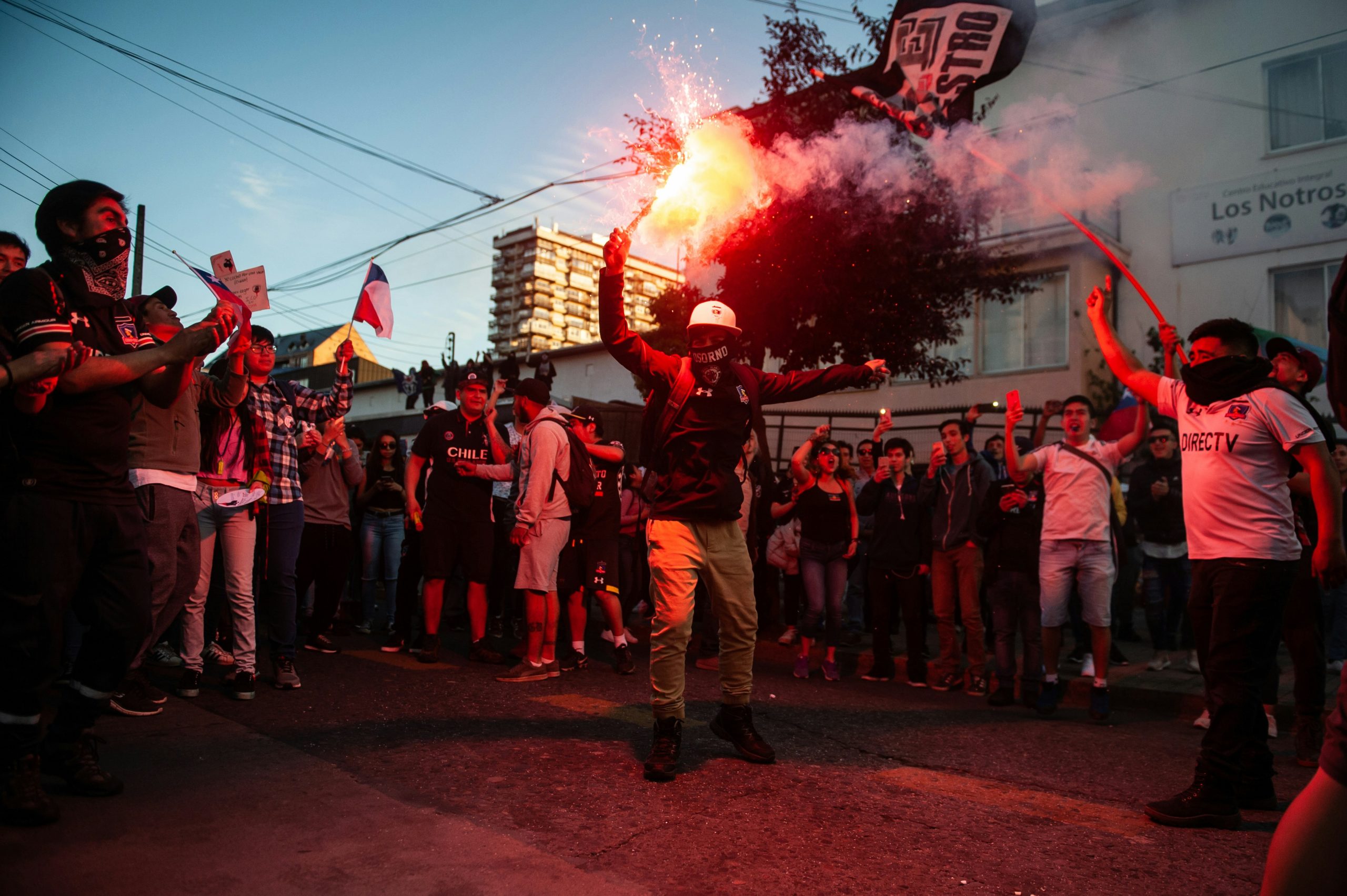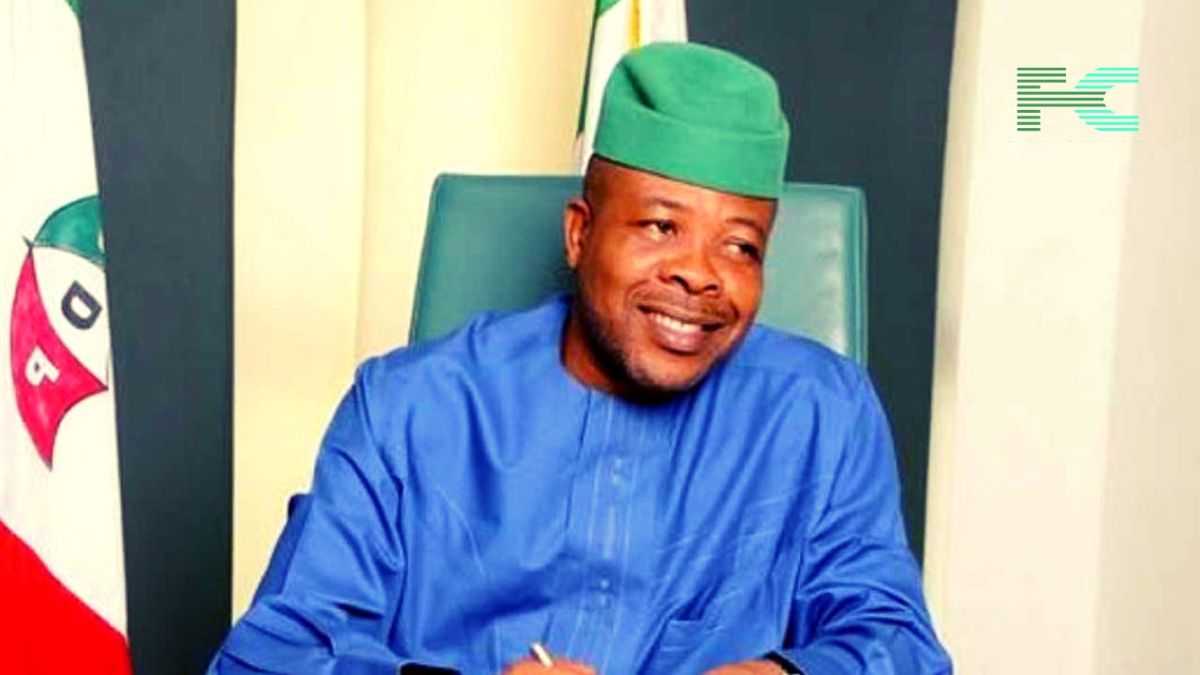The ongoing protests across Indonesia, which have seen angry crowds set fire to regional parliament buildings and claim multiple lives, are more than just a passing wave of dissent—they are a deep-seated crisis of trust between the state and its citizens. While the immediate trigger for this violence was the death of a young ride-hailing driver run over by a police vehicle, the underlying causes run far deeper.
This is a test for President Prabowo Subianto, who must now decide whether to govern with an iron fist or to engage in genuine dialogue with a population that feels ignored and disrespected by the political elite. The current political instability in Indonesia is a powder keg fueled by economic hardship, perceived government corruption, and police brutality.
The anger spilling onto the streets is a culmination of long-standing public frustration with the political establishment. Protesters initially took to the streets to protest an outrageously high housing allowance for lawmakers, an act of perceived lavishness that struck a raw nerve for a population grappling with soaring inflation and job scarcity.

This growing chasm between the corrupt elites and ordinary Indonesians is a symptom of a failing social contract. The government’s new populist policies, such as the free school meals program, have been rightly criticized as short-term fixes that fail to address the systemic issues of poverty and economic inequality. For a government to regain the people’s trust, it must stop treating symptoms and start addressing the disease.
Can Trust Be Rebuilt?
President Prabowo’s immediate reaction was a stern warning against lawlessness, but a more comprehensive solution is needed to prevent further political violence. Simply cracking down on protesters will only exacerbate the problem. Instead, Prabowo must implement a series of structural reforms that restore public faith in government institutions.
This includes launching a transparent and public-facing investigation into the death of the ride-hailing driver, holding all officers involved accountable. Furthermore, he should initiate an independent audit of government finances and reduce all extravagant allowances for politicians. By taking decisive action against corruption and signaling a clear commitment to economic justice, the government can begin to heal a nation on the brink. This is the only path to achieving the long-term political stability that will allow Indonesia to thrive.











